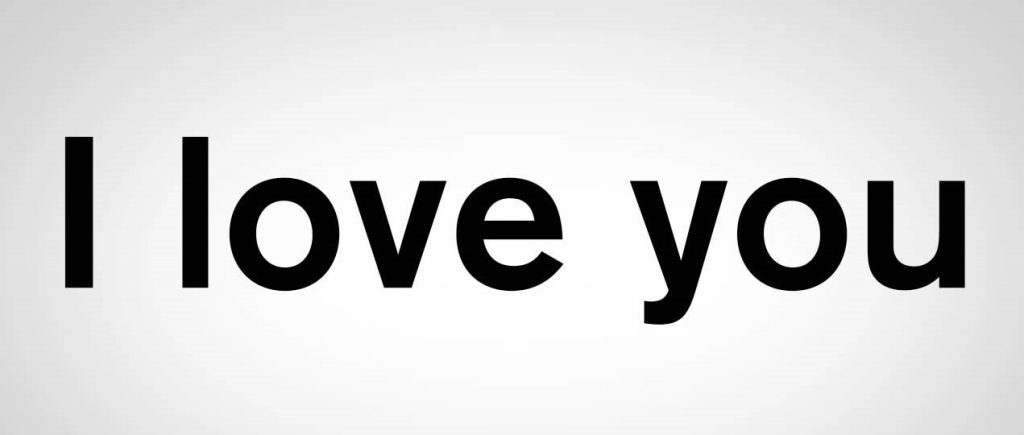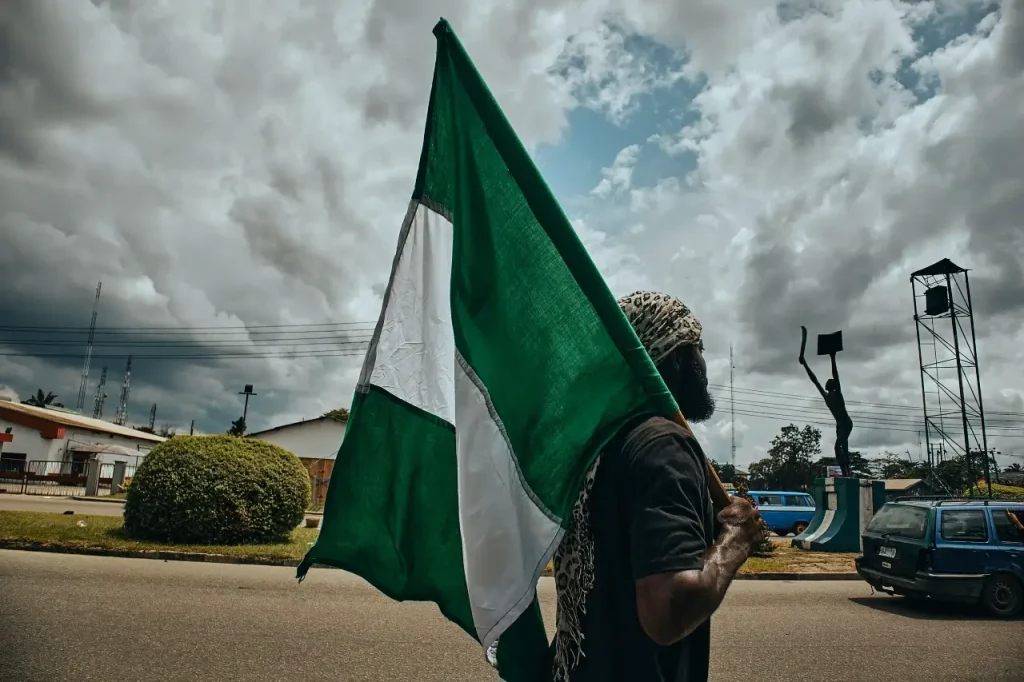Nigeria is a country rich in culture, diversity, and language. With over 250 ethnic groups and hundreds of languages, it can be quite challenging to navigate the Nigerian greetings. However, saying hello in Nigerian languages is an essential aspect of communication and a great way to establish a connection with the locals.
In this guide, we will explore the various ways to say hello in Nigeria, including some of the most popular languages spoken in the country. We will also delve into the cultural context behind these greetings, and how to use them appropriately depending on the situation.
Table of Contents
Introduction to Nigerian Greetings
Greetings are an integral part of Nigerian culture and society. They are used to show respect, honor, and appreciation for the person you are addressing. Nigerian greetings are also an excellent way to establish a connection with someone and to build trust and rapport.
The most common greeting in Nigeria is ‘hello' or ‘hi.' However, there are many other ways to greet someone in Nigeria, depending on the region and language. Some of the most popular Nigerian languages include Yoruba, Hausa, Igbo, and Pidgin English.
How to Say Hello in Yoruba
Yoruba is one of the most widely spoken languages in Nigeria, with over 20 million people speaking it. Here are some of the most common ways to say hello in Yoruba:
- “Bawo ni” – This is the most common way to say hello in Yoruba. It is used in both casual and formal settings.
- “E k’aro” – This greeting is used in the morning, and it means “good morning.”
- “E kaasan” – This greeting is used in the afternoon, and it means “good afternoon.”
- “E ku ale” – This greeting is used in the evening, and it means “good evening.”
How to Say Hello in Hausa
Hausa is a language spoken in Northern Nigeria, and it is one of the most widely spoken languages in West Africa. Here are some common ways to say hello in Hausa:
- “Sannu” – This is the most common way to say hello in Hausa. It is used in both casual and formal settings.
- “Ina kwana” – This greeting is used in the morning, and it means “good morning.”
- “Ina wuni” – This greeting is used in the afternoon, and it means “good afternoon.”
- “Ina zafi” – This greeting is used in the evening, and it means “good evening.”
How to Say Hello in Igbo
Igbo is a language spoken in Southeastern Nigeria, and it is one of the country's major languages. Here are some common ways to say hello in Igbo:
- “Ndewo” – This is the most common way to say hello in Igbo. It is used in both casual and formal settings.
- “Kedu” – This greeting is used in the morning, and it means “good morning.”
- “K’anyi jee k’ama” – This greeting is used in the afternoon, and it means “good afternoon.”
- “K’anyi jee k’esi” – This greeting is used in the evening, and it means “good evening.”
How to Say Hello in Pidgin English
Pidgin English is a language spoken in Nigeria, and it is a mix of English and local dialects. It is also known as Broken English. Here are some common ways to say hello in Pidgin English:
- “How you dey” – This is the most common way to say hello in Pidgin English. It is used in both casual and formal settings.
- “Good morning” – This greeting is used in the morning.
- “Good afternoon” – This greeting is used in the afternoon.
- “Good evening” – This greeting is used in the evening.
Cultural Context of Nigerian Greetings
Nigerian greetings are not just about saying hello; they are also about showing respect and honor for the person you are addressing. In Nigerian culture, it is essential to show respect to elders and people in authority.
When greeting someone in Nigeria, it is customary to use their title or honorific, such as “Alhaji” for a Muslim man or “Madam” for a married woman. It is also important to use the appropriate greeting depending on the time of day and the situation.
Conclusion
Saying hello in Nigeria is a crucial aspect of communication and an excellent way to connect with the locals. Understanding the cultural context behind Nigerian greetings is also essential to use them appropriately.
Whether you are visiting Nigeria for business or pleasure, learning how to say hello in different Nigerian languages is a great way to show respect and establish rapport.
FAQ
What is the most common greeting in Nigeria?
- The most common greeting in Nigeria is “hello” or “hi.”
How many languages are spoken in Nigeria?
- There are over 250 ethnic groups and hundreds of languages spoken in Nigeria.
What is Pidgin English?
- Pidgin English is a language spoken in Nigeria, and it is a mix of English and local dialects.
Why is it important to show respect when greeting someone in Nigeria?
- In Nigerian culture, it is essential to show respect to elders and people in authority.
When should I use an honorific when greeting someone in Nigeria?
- It is customary to use an honorific when addressing elders and people in authority.




